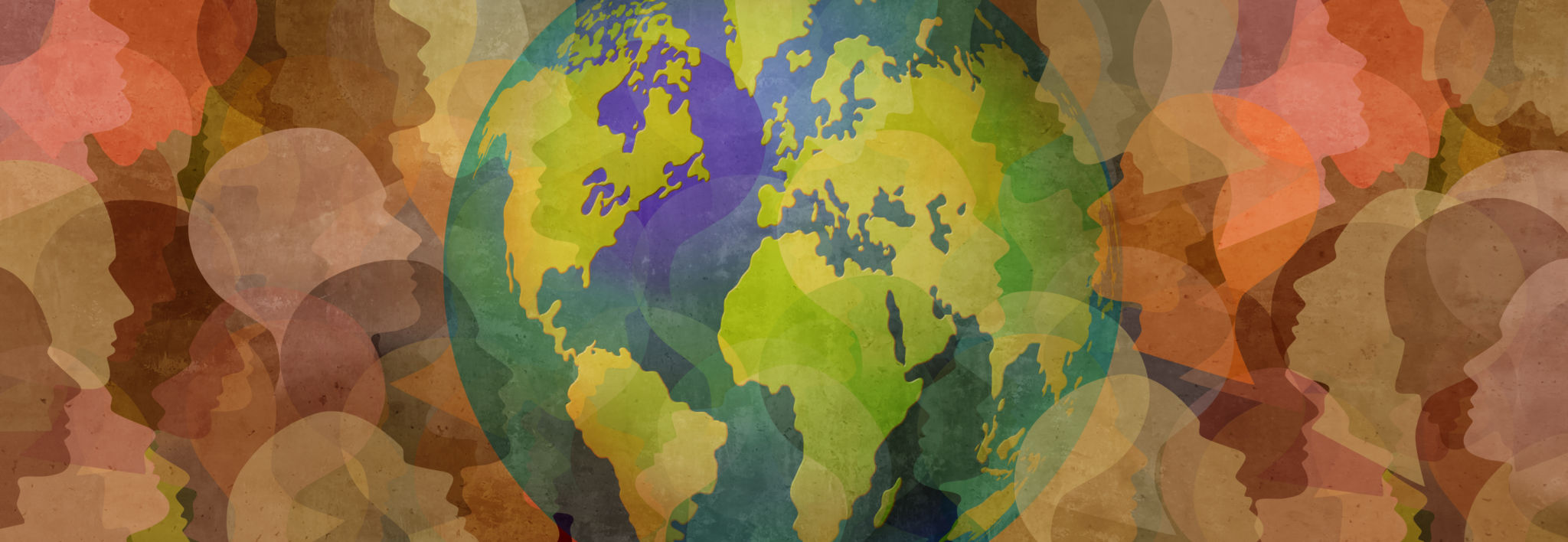Modern Philosophy: How Contemporary Thinkers are Shaping Our World
The Evolution of Modern Philosophy
In today's rapidly changing world, the role of philosophy is more significant than ever. Modern philosophy is not just an academic exercise; it is an essential tool that helps us navigate complex ethical dilemmas, technological advances, and social transformations. Contemporary thinkers are at the forefront of this evolution, offering fresh perspectives and innovative ideas that are shaping our world.
Philosophy has evolved from ancient traditions to incorporate modern issues, blending classic theories with new insights. Today’s philosophers tackle subjects ranging from artificial intelligence to environmental ethics, making their work crucial for understanding and addressing the challenges we face.

The Impact of Technology on Philosophy
One of the most profound influences on modern philosophy is technology. Philosophers such as Nick Bostrom have delved into the ethical implications of artificial intelligence, raising questions about consciousness, identity, and morality in the digital age. These discussions are vital as AI becomes increasingly integrated into our daily lives.
Furthermore, the digital revolution has democratized access to philosophical discourse. Online platforms have enabled a global exchange of ideas, allowing philosophers from diverse backgrounds to contribute to the conversation. This has led to a more inclusive and multifaceted understanding of philosophical issues.

Environmental Ethics and Sustainability
As concerns about climate change and sustainability grow, modern philosophers are exploring the ethical dimensions of our relationship with the environment. Thinkers like Peter Singer advocate for a reevaluation of our moral responsibilities toward non-human entities and future generations. This shift in perspective encourages us to rethink our consumption habits and societal structures.
Environmental ethics emphasizes the interconnectedness of all living beings and challenges us to adopt more sustainable lifestyles. The work of contemporary philosophers in this field inspires policy changes and grassroots movements aimed at preserving our planet.

Social Justice and Globalization
Globalization has brought about unprecedented cultural exchanges and economic interdependencies, prompting modern philosophers to address issues of social justice on a global scale. Philosophers like Martha Nussbaum focus on human capabilities and advocate for policies that promote equality and social well-being worldwide.
These discussions highlight the need for philosophical frameworks that address inequality, human rights, and cultural diversity. As societies become more interconnected, the insights provided by contemporary thinkers are invaluable in guiding ethical decision-making and fostering global cooperation.

The Future of Philosophy
Looking ahead, modern philosophy will continue to evolve, driven by rapid technological advancements and new societal challenges. As we confront issues such as genetic engineering, data privacy, and virtual realities, philosophers will play a crucial role in guiding ethical considerations and shaping public policy.
The ongoing dialogue among philosophers from various disciplines ensures that modern philosophy remains dynamic and relevant. By engaging with contemporary thinkers, we equip ourselves with the tools necessary to navigate an increasingly complex world.
